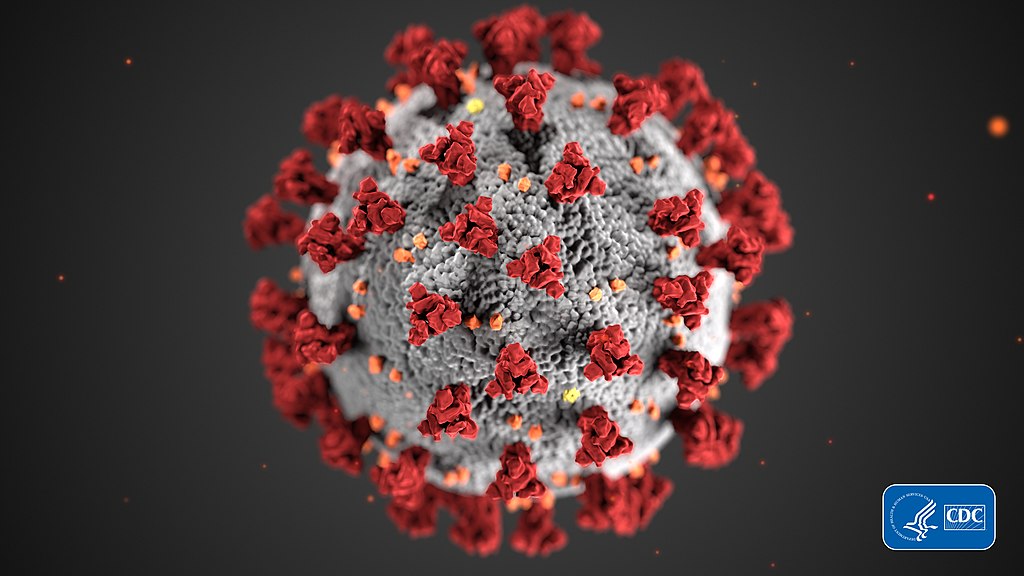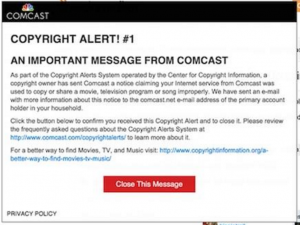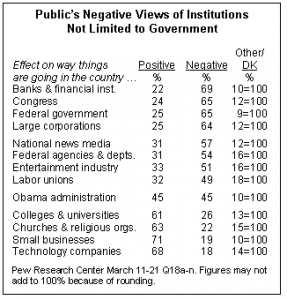Long Overdue Policies that Look Obvious in the Age of Pandemic
I’m not usually a fan of George Packer. But I keep coming back to this column, We Are Living in a Failed State. The coronavirus didn’t break America. It revealed what was already broken, which is something I might have written. It argued that this pandemic, to which the US responded like a corrupt poor country, was actually the third crisis of this century, and our responses to the previous two — 9/11 and the Iraq War, and the Wall Street crisis — simply brought this country to the place where Trump could loot it.
Like a wanton boy throwing matches in a parched field, Trump began to immolate what was left of national civic life. He never even pretended to be president of the whole country, but pitted us against one another along lines of race, sex, religion, citizenship, education, region, and—every day of his presidency—political party. His main tool of governance was to lie. A third of the country locked itself in a hall of mirrors that it believed to be reality; a third drove itself mad with the effort to hold on to the idea of knowable truth; and a third gave up even trying.
Trump acquired a federal government crippled by years of right-wing ideological assault, politicization by both parties, and steady defunding. He set about finishing off the job and destroying the professional civil service. He drove out some of the most talented and experienced career officials, left essential positions unfilled, and installed loyalists as commissars over the cowed survivors, with one purpose: to serve his own interests. His major legislative accomplishment, one of the largest tax cuts in history, sent hundreds of billions of dollars to corporations and the rich. The beneficiaries flocked to patronize his resorts and line his reelection pockets. If lying was his means for using power, corruption was his end.
Packer ends with a call for renewed solidarity.
But he might as well also call for a fix to all the failures of the past twenty years. Right now, mind you, Trump is failing, miserably, in part because he believes maximizing the opportunities for looting by his friends is all the policy he needs.
But the sheer scale of the crisis makes policies that long made sense for the United States more urgent and far easier to justify. I plan to keep a running list of those policies.
Medicare for All
No one has figured out how all the people put out of work by the shut-downs will pay for COVID-related health care. Trump has persisted in a plan to kill Obamacare, and some badly affected states never even expanded Medicaid.
Early reports suggested that Trump’s administration has claimed it is willing to pay hospital bill, so long as they pay those bills directly (thereby avoiding establishing a policy, I guess). But with so many people out of work and with hospitals reeling from the shut-down, the far better solution is to make Medicare available to all.
Universal Basic Income
The US government has been backing credit for big industry and tried, but failed, to provide free money for small businesses to keep their employees on staff. Instead, 26 million Americans have applied for unemployment, a sixth of all workers (and a third of all workers in MI, KY, and RI). Meanwhile, the Administration botched even a one-time $1,200 payment.
The government could better ensure that markets don’t crash entirely–and keep states from buckling as they try to serve all these unemployed people–if they simply gave a UBI to all people, as Spain has decided it will do. By keeping it, the US might be able to address the underlying inequality problems that have led to such a disproportionate impact of COVID on communities of color.
Decarceration
Closed spaces, generally, amount for a huge percentage of COVID cases and (in the case of nursing homes) deaths. ACLU just rolled out a paper that argues the models for COVID (which were originally based off other societies’ social patterns, including their prison system) underestimate the total number of deaths because they don’t account for the spread in our prisons.
COVID will remain lethal for long enough that states and the federal government will need to achieve some level of decarceration to prevent the prisons from becoming a source of spread to the wider community (as they have become in the localities with harder hit prisons).
In this case, even before COVID hit, there was bipartisan support to wean ourselves from overincarceration. Prisons will become less lucrative in conservative communities, especially as some states begin to end prison gerrymandering (which gives rural communities representation for prisoners who can’t vote, just like slavery did).
So now is the time to end incarceration for minor crimes, and improve the humanity of incarceration for those who need to be jailed.
Deindustrialization of the Food System
We’ll be lucky if we avoid famine conditions. That’s partly because our food system has the same institutional/retail split our toilet paper supply chain does, meaning the market for half of the food out there disappeared when restaurants and other institutional buyers shut down. That’s partly because bottlenecks in our food supply chain — most notably, thus far, meatpacking plants, but there will be others — have further undermined the market for our plentiful food production. And that’s partly because Trump’s farmer support, thus far, has emphasized direct payments that are effectively a continuation of his earlier bribery of farmers whose markets his trade war screwed, rather than purchasing up surpluses to provide to food banks.
Trump hasn’t shown an ability to get any other needed supplies where they’re needed; it’s unlikely he’ll do better with food.
Meanwhile, food supplies that bypass these commodity markets remain. We need to make this food supply chain more resilient and one way of doing so is to bypass the industrial bottlenecks.
Broadband as a Utility
When schools shut down, it suddenly became acutely visible how many Americans — both rural and urban — don’t have broadband. While some areas have gerry-rigged solutions (like driving wifi-enabled busses to poorer neighborhoods) to get some kids online and learning, that’s not possible everywhere. And even for adults, it takes broadband access to be able to social distance.
Trump is already talking about using infrastructure investments to get America working again. Extending basic broadband as a utility should be part of that.
Update: Arne Duncan describes what needs to happen for existing efforts to expand broadband access to be really effective.
Industrial Policy
Two months after we first identified shortages in necessary medical supply, we’ve barely managed to switch production to those necessary objects, even as entire factories were otherwise shut down. We’ve got shortages of not just testing kits, but the underlying supplies. We’ve got drug shortages too (and had them, even before the President started pitching miracle cures).
It’s long past time to admit that we do have an industrial policy — but right now, it’s focused on building the troubled F-35, not ensuring that the United States has the ability to build the things we need domestically, even if we interact openly with the rest of the world. This story uses the failed lithium battery investments Obama made, largely in Michigan, to talk about how we came to be unable to supply our own medical equipment.
We have an industrial policy. We just need to be willing to match that policy to our society’s real needs, not exporting warmongering.



![[image: Thor's Battle Against the Jötnar by Mårten Eskil Winge, c. 1872, via Wikimedia]](https://www.emptywheel.net/wp-content/uploads/2016/02/332px-Mårten_Eskil_Winge_-_Tors_Fight_with_the_Giants_-_Google_Art_Project-208x300.jpg)
![[image: Eric Shoemaker via Flickr]](https://www.emptywheel.net/wp-content/uploads/2016/02/IFeelNastyTypography_EricShoemaker-Flickr-300x268.jpg)


